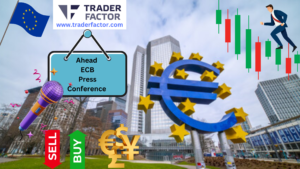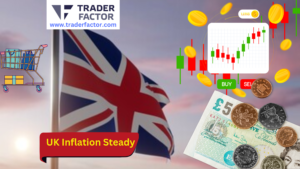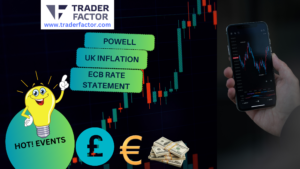HIGHLIGHTS:
- Fuel costs for airlines become unpredictable due to volatile fuel prices
- Prudent airlines save billions of dollars by hedging.
- A repeat of Southwest and Cathay Pacific 2017 oil price hedging pays big this year.
Fuel cost is the single largest airline expense that can make business operations unpredictable.
Fuel hedging is the strategy of making advance purchase commitments for certain quantities of jet fuel at a locked-in price for future delivery.
This act by airlines, including other heavy oil and gas consumers, protects their business operations against future high prices that would result in billions of dollars in losses.
Despite major airlines shying away from hedging, including Southwest, after making losses in the past years, their return to fuel hedging is paying off.
Hedging Payoff for Airlines
Southwest Airlines and Alaska Airlines are good examples of low-cost carriers in the US that have consistently banked on jet fuel hedging.
Their fuel costs account for a third of their operating expenditure. For this reason, they have been hedging fuel since the 1990s during the first Gulf War that saw crude prices spike.
Southwest airlines aim at hedging not less than 50% of its fuel costs annually and exclusively employs call options and call spreads strategy.
The company team, led by the treasurer Chris Monroe, manages the fuel trading using Wall Street’s sharp-witted commodity-trading desks, such as JPMorgan.
It may have lost billions between 2015 and 2017 hedging, but that’s not the case for the Texas-based airline this year.
In a report from Financial Times, the team saved the airline $1.2 billion in costs of fuel from smart hedging this year alone.
In a statement during trading updates, Southwest fuel hedges have seen its costs cut by 70 cents to between $3.30 and $3.40 a gallon this quarter.
With oil prices climbing as high as 40% in the year, Southwest’s smart fuel hedging act shielded the airline from major price shocks.
“Our fuel hedge is providing excellent protection against rising energy prices and significantly offsets the market price increase in jet fuel in first quarter 2022,” Southwest CFO Tammy Romo revealed during the company’s quarter one earnings call.
While Southwest company is not the only one to derive the benefits of hedging as the oil prices continue to rise globally.
As a result, many other airlines are increasingly opting to fuel hedging.
First-timers like trucking companies and manufacturing firms that highly depend on oil also seem to have joined the rank of hedgers.
During the latest earnings call, Walt Disney CEO Michael O’Leary said,
“We’re also very fortunate that for the next 12 months, we’re very well hedged on fuel. I would ascribe that more to dumb luck than supremely intelligent management. But nevertheless, we have 80% of our fuel purchased forward out to March 2023 at less than $70 per barrel.”
This will be the first time the company is hedging after the coronavirus pandemic.
Which Way for Airlines?
During the pandemic, airlines were facing a different challenge altogether. The high oil prices brought by geopolitical instabilities have even made it harder to run an airline.
The prices are already high, and hedging can be expensive due to demand. But there is room for airlines to prevent further losses as the oil prices don’t seem to drop in the near future.
The prudent decision at the moment is neither for airlines to sit back as they risk billions of extra fuel costs nor to hedge entire future stocks, as was the case for Cathay Pacific in 2017, which led to massive deficits in four consecutive years.
Just as the oil prices rose, they may drop, and partial hedging at the perfect time would be the perfect decision at the moment.
Disclaimer:
All information has been prepared by TraderFactor or partners. The information does not contain a record of TraderFactor or partner’s prices or an offer of or solicitation for a transaction in any financial instrument. No representation or warranty is given as to the accuracy or completeness of this information. Any material provided does not have regard to the specific investment objective and financial situation of any person who may read it. Past performance is not a reliable indicator of future performance.
Author
-

Zahari Rangelov is an experienced professional Forex trader and trading mentor with knowledge in technical and fundamental analysis, medium-term trading strategies, risk management and diversification. He has been involved in the foreign exchange markets since 2005, when he opened his first live account in 2007. Currently, Zahari is the Head of Sales & Business Development at TraderFactor's London branch. He provides lectures during webinars and seminars for traders on topics such as; Psychology of market participants’ moods, Investments & speculation with different financial instruments and Automated Expert Advisors & signal providers. Zahari’s success lies in his application of research-backed techniques and practices that have helped him become a successful forex trader, a mentor to many traders, and a respected authority figure within the trading community.
View all posts



















